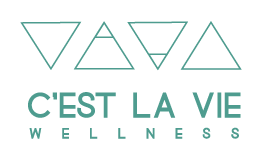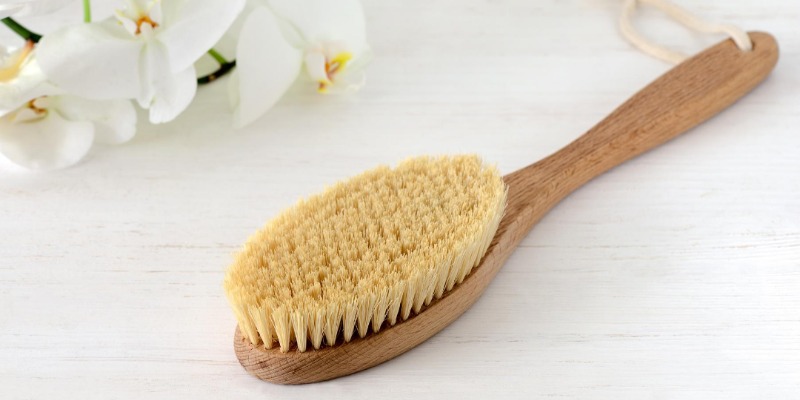10 Steps To Healthier Skin
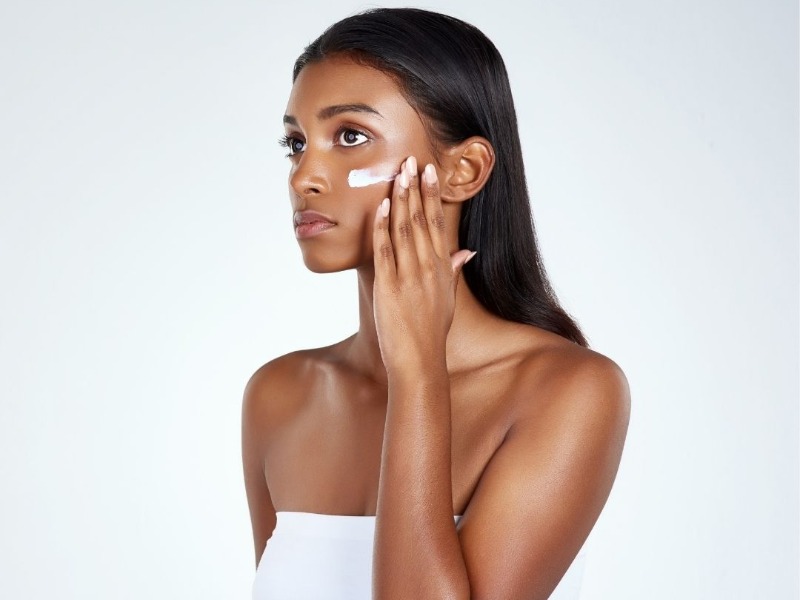
By Lyne Desforges, Registered Holistic Nutritionist & Culinary Nutrition Expert
Did you know that your skin is the largest organ in your body? Getting that healthy skin entails a lot more than spending money on facials and expensive skin care products. Your overall diet and lifestyle are also important factors in maintaining healthy and vibrant skin.
“A Beautiful Outside Starts with A Beautiful Inside”!
The first steps to a glowing, vibrant and healthy skin is to be aware of what you put in your body as much as what you put on it, or expose it to. Here are our top 10 recommendations:
Hydrate It
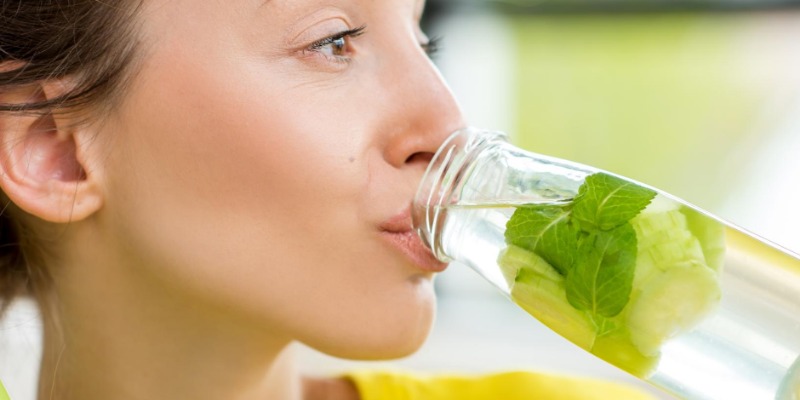 No one wants shrivelled up and dehydrated skin cells. Make sure to drink lots of water and herbal teas throughout the day. Keep those cells nice and plump. And reap all the extra benefits from a well-hydrated body! Note that coffee and alcohol are dehydrating and are not good for your skin.
No one wants shrivelled up and dehydrated skin cells. Make sure to drink lots of water and herbal teas throughout the day. Keep those cells nice and plump. And reap all the extra benefits from a well-hydrated body! Note that coffee and alcohol are dehydrating and are not good for your skin.
Nourish It
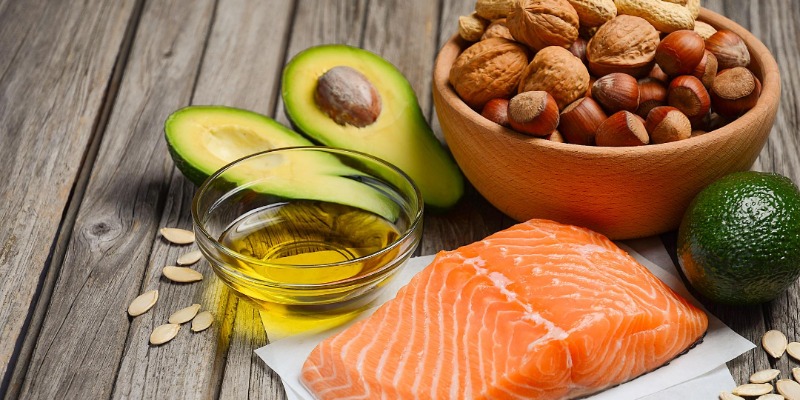 Ensure your diet contains lots of Omega 3 foods such as cold-water fatty fish, walnuts, and flaxseeds. There is considerable evidence that Omega 3 fatty acids could reduce the occurrence of non-melanoma skin cancer. Another study found that women who supplemented with flaxseed oil saw a reduction in skin sensitivity and an improvement in skin tone and smoothness.
Ensure your diet contains lots of Omega 3 foods such as cold-water fatty fish, walnuts, and flaxseeds. There is considerable evidence that Omega 3 fatty acids could reduce the occurrence of non-melanoma skin cancer. Another study found that women who supplemented with flaxseed oil saw a reduction in skin sensitivity and an improvement in skin tone and smoothness.
Avoid It
 Some skin conditions seem to improve once dairy is removed from the diet. According to WebMD, cow’s milk contains “components related to the hormone testosterone that may stimulate oil glands in the skin, setting the stage for acne”. Since many skin conditions (eczema, psoriasis, dermatitis) are the result of an allergic reaction to a specific food, removing milk and other common allergens may be a good place to start.
Some skin conditions seem to improve once dairy is removed from the diet. According to WebMD, cow’s milk contains “components related to the hormone testosterone that may stimulate oil glands in the skin, setting the stage for acne”. Since many skin conditions (eczema, psoriasis, dermatitis) are the result of an allergic reaction to a specific food, removing milk and other common allergens may be a good place to start.
Keep Nourishing It
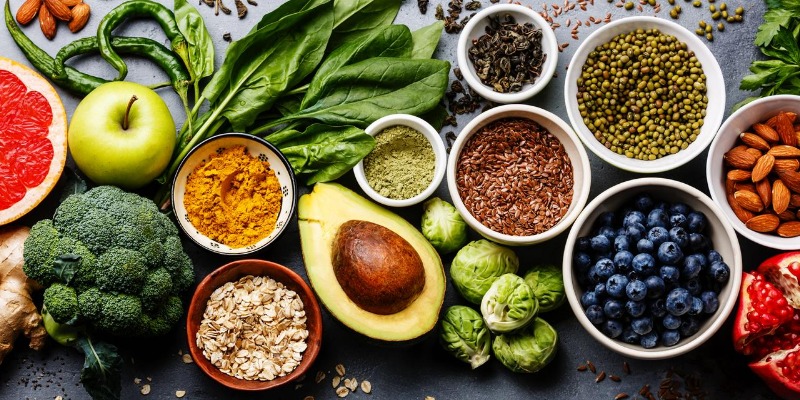 A diet rich in fruits and vegetables, whole grains, nuts and seeds, healthy fats, and clean sources of protein will provide the nutrients your skin needs to thrive. Essential nutrients for the skin include vitamin A, vitamin C, vitamin D, vitamin E, polyphenols, flavonoids, zinc, selenium and probiotics. Make sure to include foods rich in those nutrients and to stay away from processed foods, fried foods, junk foods, refined carbs and sugars.
A diet rich in fruits and vegetables, whole grains, nuts and seeds, healthy fats, and clean sources of protein will provide the nutrients your skin needs to thrive. Essential nutrients for the skin include vitamin A, vitamin C, vitamin D, vitamin E, polyphenols, flavonoids, zinc, selenium and probiotics. Make sure to include foods rich in those nutrients and to stay away from processed foods, fried foods, junk foods, refined carbs and sugars.
Love The Sun, A Little
 There is some evidence that exposure to the sun could actually improve certain skin conditions such as psoriasis and acne. It also means an increase production of vitamin D, which is essential for bone health and good immune function. Studies have even found increased levels of endorphins in the blood when the skin is exposed to UV rays. However, too much exposure means damaged skin cells, premature aging of the skin and increased risk of skin cancer. Finding the right balance is important.
There is some evidence that exposure to the sun could actually improve certain skin conditions such as psoriasis and acne. It also means an increase production of vitamin D, which is essential for bone health and good immune function. Studies have even found increased levels of endorphins in the blood when the skin is exposed to UV rays. However, too much exposure means damaged skin cells, premature aging of the skin and increased risk of skin cancer. Finding the right balance is important.
Manage Your Stress
 Chronic stress increases inflammation in the body and direct links have been observed with the incidence of certain skin conditions such as acne, psoriasis, and dermatitis. Even premature skin aging can be seen in people under lots of stress. Some tools to help manage stress may include meditation, yoga, gratitude journaling, mindfulness, exercise and self-care.
Chronic stress increases inflammation in the body and direct links have been observed with the incidence of certain skin conditions such as acne, psoriasis, and dermatitis. Even premature skin aging can be seen in people under lots of stress. Some tools to help manage stress may include meditation, yoga, gratitude journaling, mindfulness, exercise and self-care.
Keep It Clean
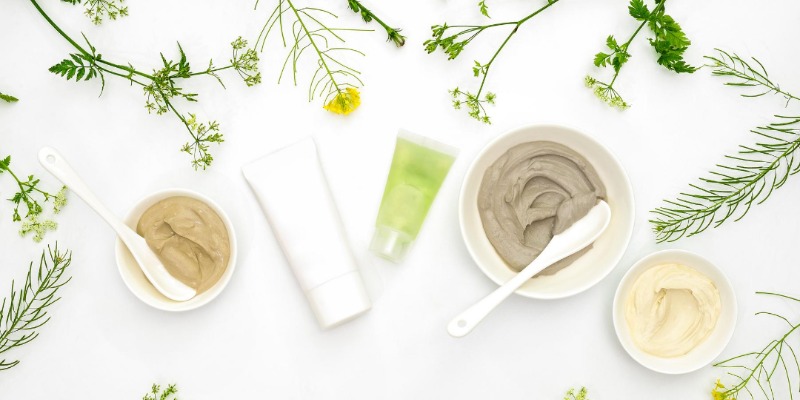 Ensure that all your skin care products, including your makeup, are certified organic, natural, and toxic-free. Using a brand such as Reliv Organics will ensure you avoid any toxic and skin-damaging ingredients like artificial scents, parabens, phthalates, pesticides, colours, and GMOs. The same goes for your cleaning products and detergents. Use a refillery service like Park Market & Refillery and reduce waste at the same time.
Ensure that all your skin care products, including your makeup, are certified organic, natural, and toxic-free. Using a brand such as Reliv Organics will ensure you avoid any toxic and skin-damaging ingredients like artificial scents, parabens, phthalates, pesticides, colours, and GMOs. The same goes for your cleaning products and detergents. Use a refillery service like Park Market & Refillery and reduce waste at the same time.
Brush It Up
Dry skin brushing is a great way to exfoliate the top layer of dry skin cells, unclogging your pores and allowing the skin to breathe better. It can also improve blood flow to the skin and stimulate the lymphatic system. This supports immune function and detoxification, and a clean body means cleaner skin!
Sweat It Out
 Exercise increases blood circulation in the body meaning more oxygen and nutrients going to the skin. According to dermatologist Dr. Marisa Garshick, this in turn promotes collagen production, and production of new skin cells, which gives the skin a youthful glow. Remember that when you sweat, you are also eliminating toxins through your skin pores…and that’s a good thing!
Exercise increases blood circulation in the body meaning more oxygen and nutrients going to the skin. According to dermatologist Dr. Marisa Garshick, this in turn promotes collagen production, and production of new skin cells, which gives the skin a youthful glow. Remember that when you sweat, you are also eliminating toxins through your skin pores…and that’s a good thing!
Get That Beauty Sleep
 Like all other organs, the skin repairs and detoxifies while we sleep. According to dermatologist Dr. Patricia Wexler, the skin produces more collagen while we sleep. That means less sagging and plumper looking skin. While we sleep, there is increased blood flow to the skin, which translates in glowing skin when we wake up the next day. But this only happens if we can get at least 7 hours of good quality sleep.
Like all other organs, the skin repairs and detoxifies while we sleep. According to dermatologist Dr. Patricia Wexler, the skin produces more collagen while we sleep. That means less sagging and plumper looking skin. While we sleep, there is increased blood flow to the skin, which translates in glowing skin when we wake up the next day. But this only happens if we can get at least 7 hours of good quality sleep.
Get Help If Needed
Living a balanced life that includes healthy foods, movement, and lots of self-care is good for overall health. And when the whole body is healthy, the skin can be healthy as well. However, in some cases, skin conditions may be the result of hormonal imbalances in the body and extra help from a healthcare professional may be warranted. Our naturopath, Dr. Sofie, knows as she experienced severe acne as a young adult. Using natural modalities, she found ways to manage and eventually heal her acne. If you need support, feel free to book at 15 minute Meet-and-Greet with her.

Educating, motivating and inspiring have always been important aspects of my professional journey. Through workshops, cooking classes, customized menus & recipe books, and online programs, I guide clients towards healthier food choices and eating habits.
